The feeding frenzy over the 400th anniversary of William Shakespeare’s death has reached its peak. Recently we’ve had Shakespeare’s complete works performed through the puppetry of kitchenware. On books pages, you can read about everything from Edward Wilson-Lee’s Shakespeare in Swahililand (surprisingly beguiling) to Simon Andrew Stirling’s Shakespeare’s Bastard: A Life of Sir William Davenant (he wasn’t).
Meanwhile, the Royal Mail is launching a set of stamps emblazoned with snappy quotations. And it’s this glib series that encapsulates the anniversary problem. Shakespeare’s beauty lies not in his maxims but in the complexity of every line; the power of context, character and plot to suggest myriad meanings, each one undercutting the last. One stamp quotes Romeo and Juliet — ‘love is a smoke made with a fume of sighs’ — as if a line about true love. Actually, Romeo utters this garbage about his first crush, Rosalind — it’s Shakespeare’s piss-take of the pose of lover, melancholic to the point of narcissism.
Misreadings and misappropriations — who cares if you’ve understood Shakespeare, as long as you can flog him on tea towels? That’s the approach of government to all things anniversary. Here’s Nadhim Zahawi, the MP for Stratford-on-Avon, during the 450th celebrations of Shakespeare’s birth a few years back: ‘The British Council recently asked young adults …to name a person associated with contemporary British culture; Shakespeare …was most popular in China. This is an important finding, because the recreational industries are one part of the Chinese economy where Britain has a real competitive edge, accounting for 35 per cent of all Chinese imports.’
If you ever wanted to take the beauty out of Shakespeare, just remember that he’s got high name recognition in a nation that imports 35 per cent of its recreational industry from UK business.
Does this matter? Yes, if an all-too-commercial anniversary makes Shakespeare a brand, an icon to be name-checked but rarely grappled with. It matters if the glitzy concepts being peddled by every artsy chancer with an eye for a headline put Shakespeare newcomers off the real thing.
This year also marks the anniversary of Cervantes, the great early modern novelist of interiority and human isolation, and a writer who could actually use a bit of name recognition. Perhaps that’s Spain’s problem, but here in the UK we could also be celebrating Mary Shelley’s Frankenstein (200), Ben Jonson’s complete works (400) and Thomas More’s Utopia (500). Instead, other writers have gone largely unsung. Perhaps not a problem if you’re focusing on exports to China, but a real tragedy if you were looking to introduce schoolchildren to someone of whom they’re not already bored stiff.
Celebrating the anniversary of publication also allows us to focus on what matters most about an author: the text. That we focus on the man rather than the art is perhaps a symptom of a society more interested in social than in literary history, or perhaps Tudor domestic life is easier to sell than pre-Hobbesian hermeneutics.
By all means find a good production of Midsummer Night’s Dream and take your children. But while you’re at it, try them out on The Alchemist, give them a copy of Frankenstein, or teach them the story of Thomas More.
Got something to add? Join the discussion and comment below.
Get 10 issues for just $10
Subscribe to The Spectator Australia today for the next 10 magazine issues, plus full online access, for just $10.

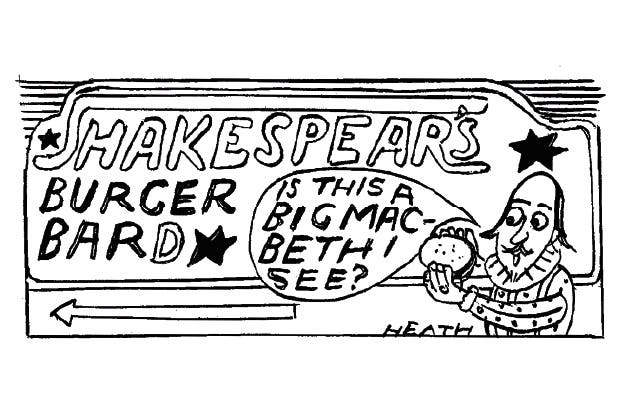




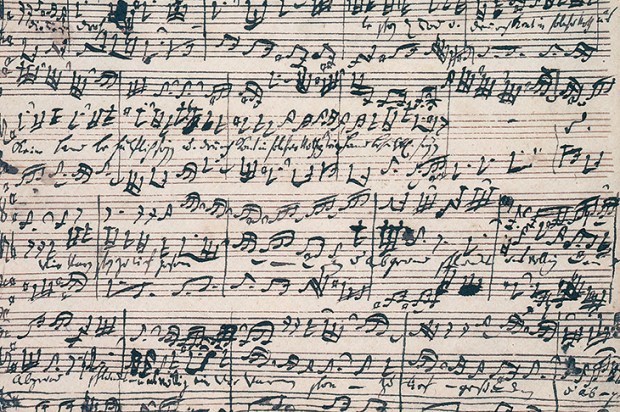
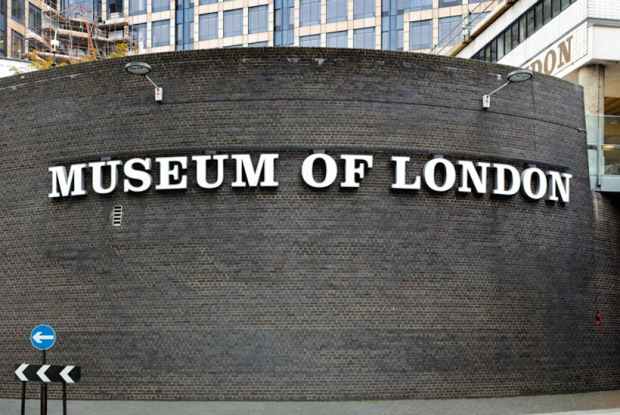
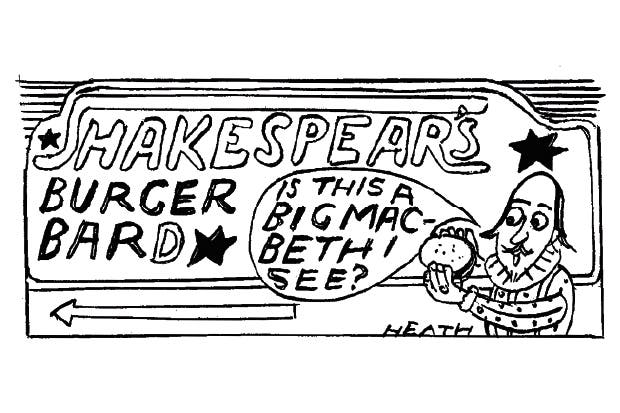
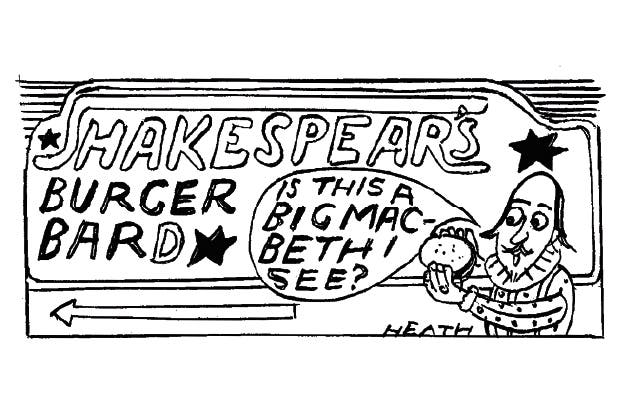






Comments
Don't miss out
Join the conversation with other Spectator Australia readers. Subscribe to leave a comment.
SUBSCRIBEAlready a subscriber? Log in